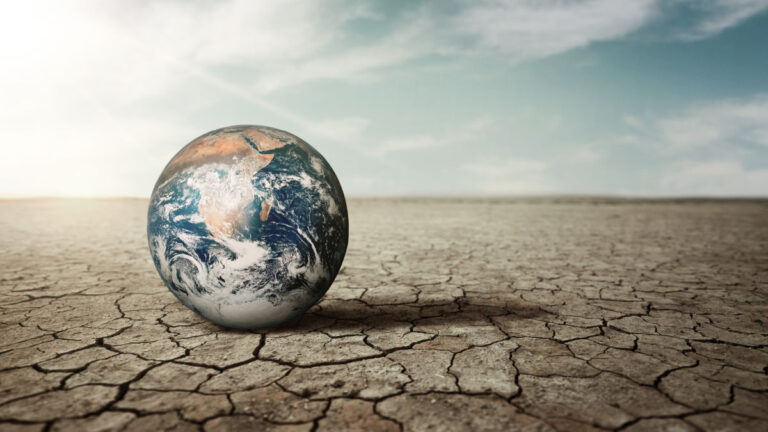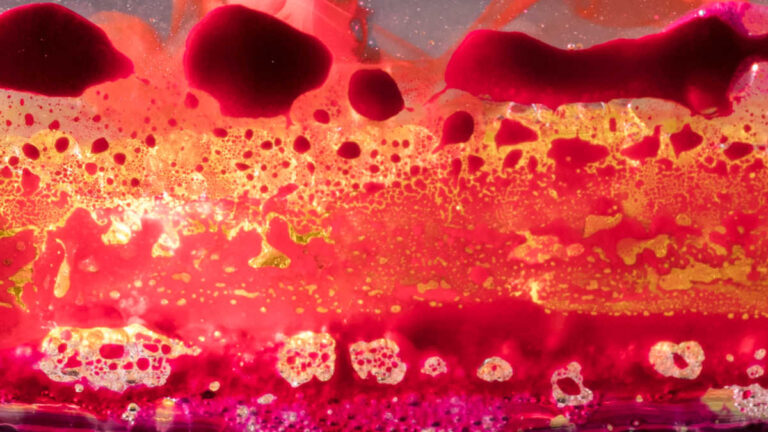Can our planet survive?
A Planet in Crisis
It’s clear for anyone to see that our planet is in dire straits. Our precious resources—freshwater, oceans, forests, and air—are under severe threat. The accelerating pace of climate change casts a long shadow over our future.
Yet, hope endures. A global movement is emerging, uniting scientists, activists, and policymakers to address these pressing challenges. Innovative solutions are being developed to mitigate climate change, conserve resources, and protect our planet.
By understanding the issues and supporting these efforts, we can contribute to a brighter future for generations to come.
fresh water

Without water, particularly freshwater, life on our planet would not be possible. It serves as the essential component for all living beings. Sources such as lakes, rivers, wetlands, and underground aquifers provide us with drinking water, support ecosystems, and irrigate our agricultural lands.
Dangers Facing Freshwater Resources
A significant portion of our Earth consists of water. Nonetheless, a mere 0.5% of the planet’s water is suitable and accessible as freshwater. While this limited supply should suffice for sustaining life on our planet, much of it is either being contaminated or rendered unreachable due to rising demand and climate change. Experts forecast that in the next 30 years, as many as 5 billion people may struggle with insufficient access to clean water.
A Planet Designed for Life
Our planet Earth is a marvel of engineering, finely tuned to sustain life. One of its most remarkable features is the natural systems that work tirelessly to purify and replenish our water supply.
Soil: Nature’s Filter
Soil acts as a powerful natural filter, capable of removing numerous contaminants from water. Wetlands, in particular, play a crucial role in water purification. Plants within these ecosystems absorb and break down pollutants like nitrogen, phosphorus, and pesticides.
The Power of Microorganisms
Microscopic organisms are nature’s workhorses, diligently purifying water contaminated with organic waste. These tiny life forms break down pollutants, ensuring that water remains clean and safe.
Aquatic Allies
Even aquatic creatures contribute to water purification. Freshwater clams and mussels, for instance, can efficiently remove harmful chemicals from water, often outperforming traditional water treatment plants.
The Water Cycle: A Perpetual Motion Machine
The hydrologic cycle, a continuous process that involves evaporation, condensation, and precipitation, ensures that water remains trapped within our planet’s system. This natural cycle, along with other environmental processes, prevents water from escaping into space or disappearing from our planet.
Current Actions Taking Place
By addressing oil leaks and ensuring the responsible disposal of hazardous materials, we contribute to the preservation of our freshwater sources.
Experts advocate for water conservation whenever feasible. To mitigate water pollution, they suggest fixing any oil leaks in our cars and avoiding the flushing of unused medications or the pouring of toxic substances down the drain.
Innovative techniques for enhancing desalination (the process of removing salt from seawater) have been developed by engineers, aiming to boost the supply of available freshwater.
However, further action is required. Desalination alone is impractical as a broad solution due to its considerable costs and the substantial energy it demands. A report on water management by a United Nations source in 2021 emphasised: “Globally, the current rate of progress needs to be doubled.”
reason for hope — a biblical view
“God draws up the water droplets; they transform into rain through his mist; subsequently, the clouds release it; they rain down on humanity.”
—Job 36:26-28
“The Creator established natural cycles to safeguard the planet’s water supply.”
—Ecclesiastes 1:7.
Think about it: if God the Creator has designed mechanisms to cleanse fresh water, could he also possess the capacity and desire to mend all the man-made damage inflicted on this essential resource?







